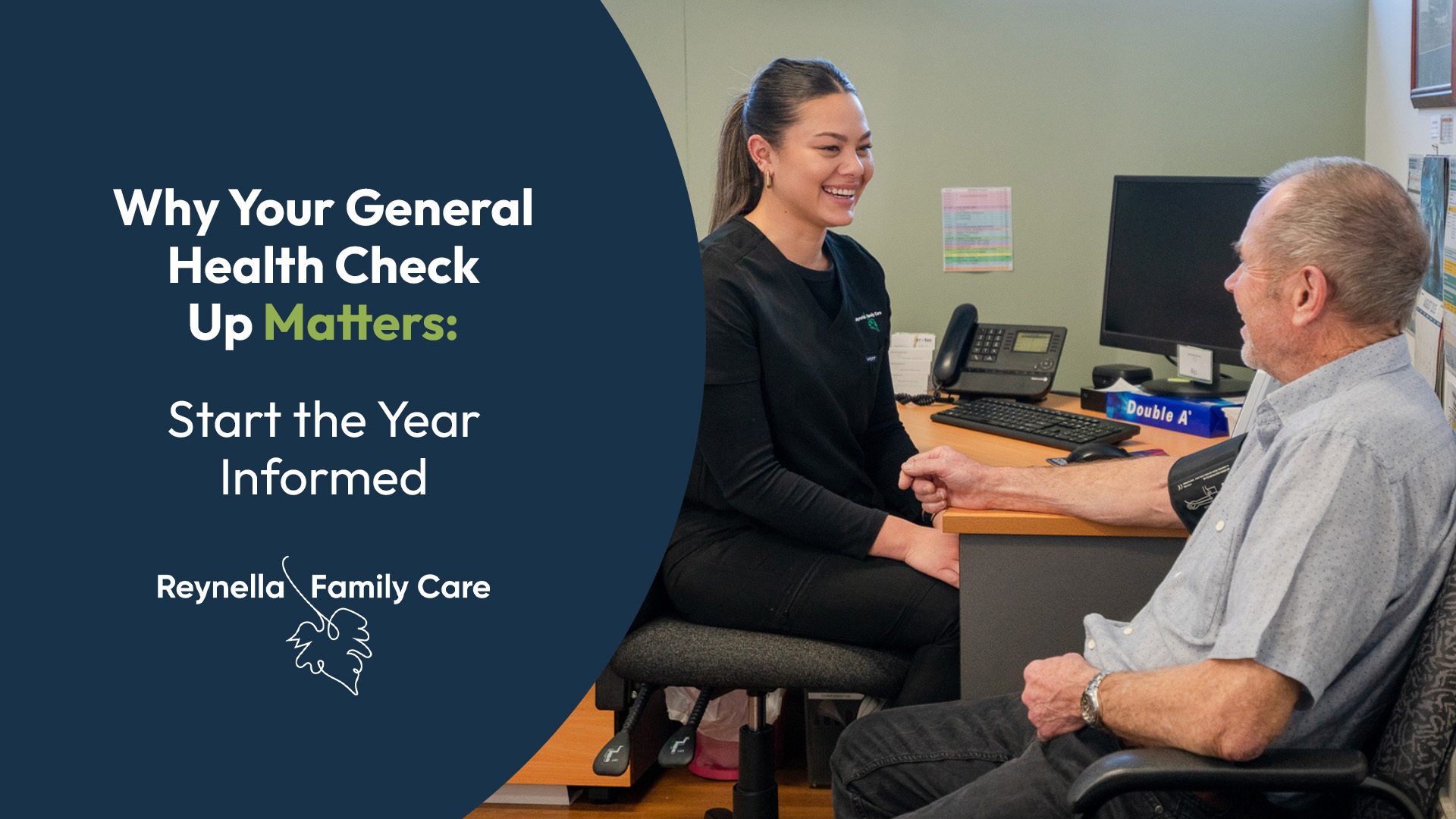Low energy, brain fog, or breathlessness? Learn the signs of low iron and how Reynella Family Care can help.












It’s July, and we’re deep into winter now. The mornings are chilly, the sun sets early, and staying under a blanket often feels more appealing than tackling the day. It’s completely normal to feel a little slower at this time of year. But if your energy levels have completely dropped off to the point where getting through a regular day feels like a struggle, it might be more than just the winter weather getting to you. For many people, ongoing fatigue can be a sign of low iron symptoms, a surprisingly common condition that often goes undiagnosed. If you’re constantly tired, feeling foggy, or getting breathless from simple activities, low iron might be playing a role.
Let’s explore what iron does in the body, the common signs of low levels, and how Reynella Family Care can help you get back to feeling like yourself again.
Iron is a mineral that your body needs to make a protein called haemoglobin. This helps your red blood cells carry oxygen around your body. Without enough iron, your body struggles to produce enough healthy red blood cells, and less oxygen reaches your muscles, brain, and organs. That’s when ‘low iron symptoms’ start to show up.
This condition is called iron deficiency, and in more serious cases, it can lead to iron deficiency anaemia. But even if it hasn’t reached that point, low iron can still make you feel absolutely drained, both physically and mentally.
A lot of people think feeling tired all the time is just part of being busy, but ongoing fatigue is one of the biggest red flags when it comes to iron deficiency.
Here are some of the most common low iron symptoms to look out for:
It’s also worth noting that women, especially those with heavy periods, are more likely to experience iron deficiency. Vegetarians, vegans, and people with digestive conditions (like coeliac disease) are also more at risk.
While iron deficiency can happen at any time of year, it often feels more noticeable during winter. That’s because we’re already dealing with shorter days, less sunlight, and more time indoors which can affect mood and energy levels.
On top of that, common winter illnesses like colds and the flu can make symptoms like tiredness or breathlessness feel even worse. And because the signs of low iron are subtle and develop slowly, it’s easy to brush them off as “just winter blues” or stress. That’s why it’s important to take notice when your body is telling you something’s off, even in a season where tiredness is common.
There are several reasons why someone might develop low iron levels and it’s not always about what you eat. In many cases, it’s a combination of factors.
Here are some of the most common causes of iron deficiency:
If any of these apply to you and you’ve been noticing low iron symptoms like fatigue, brain fog or shortness of breath it’s worth having a chat with your GP. A simple blood test can usually detect if your levels are low.
If your iron levels are low, there are a few treatment options and the right one depends on how low your levels are and what’s causing the issue. For some, dietary changes and oral supplements might be enough. But for others, especially those with very low levels or who don’t respond well to tablets, iron infusions are a safe and effective alternative.
At Reynella Family Care, we offer iron infusions in a comfortable clinical setting, performed by experienced professionals. The procedure takes around 30–60 minutes, and for many patients, it can lead to noticeable improvements in energy and wellbeing within days or weeks. Our team will talk you through the process, assess your needs, and make sure you’re supported every step of the way.
If you’ve been feeling constantly tired, foggy, or unwell for more than a few weeks and especially if you’ve noticed any of the other low iron symptoms listed above, it’s worth booking an appointment with your GP. Even if iron isn’t the cause, your body is clearly trying to tell you something.
At Reynella Family Care, we can help identify what’s going on and recommend the right path forward. That might mean a simple test, a conversation about your diet, or planning the next steps if treatment is needed.
Feeling tired all the time isn’t something you just have to live with and it’s not always about sleep or stress. Low iron is common, manageable, and treatable, once you know what to look for.
If this sounds like you, reach out to the friendly team at Reynella Family Care to book a check-up and talk through your options. We’re here to help you feel your best, contact us today.